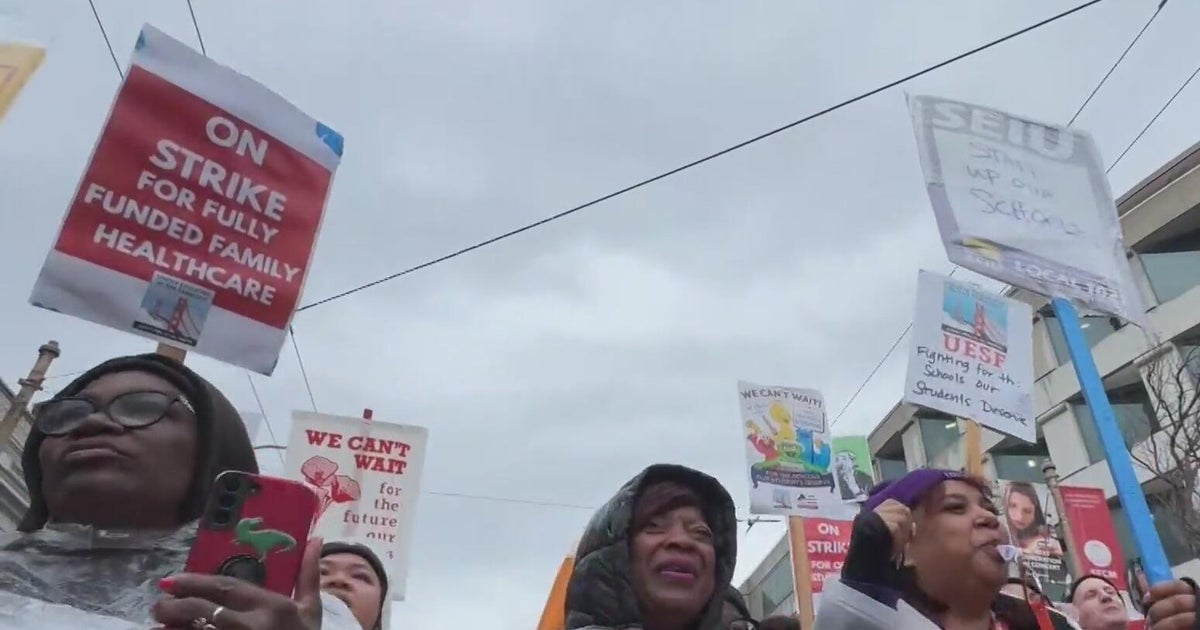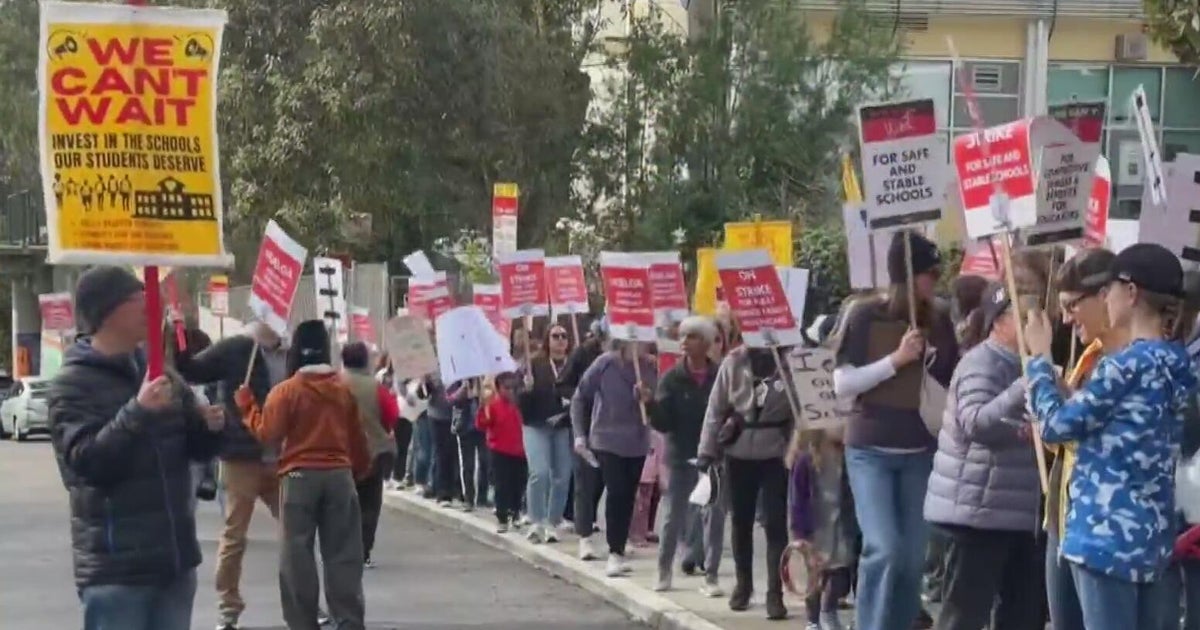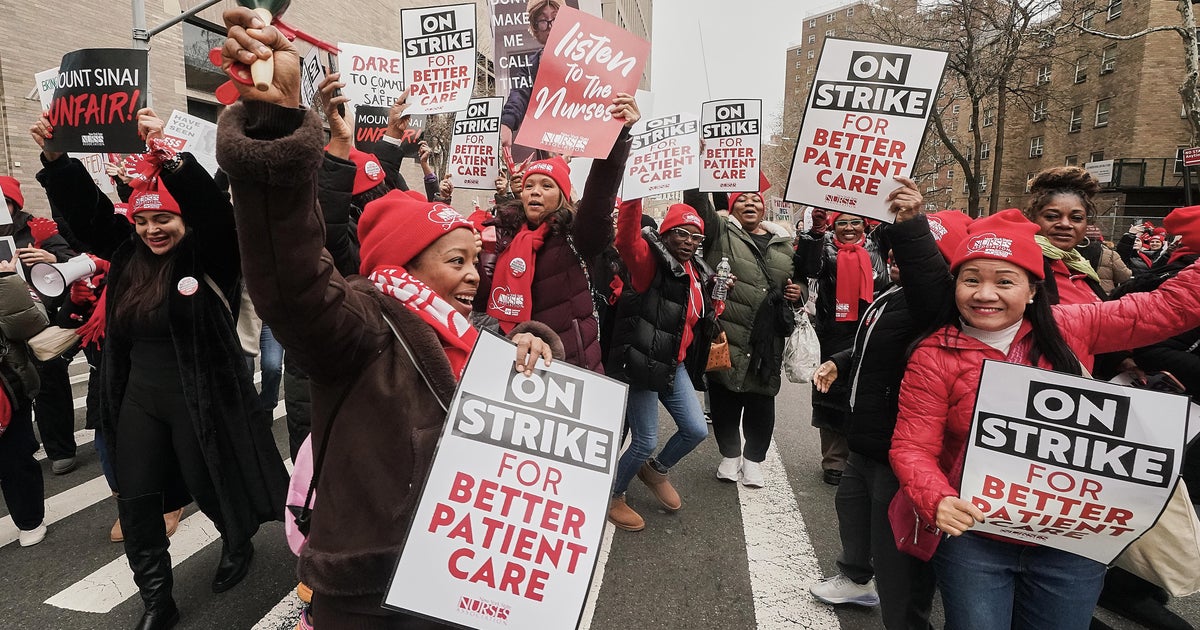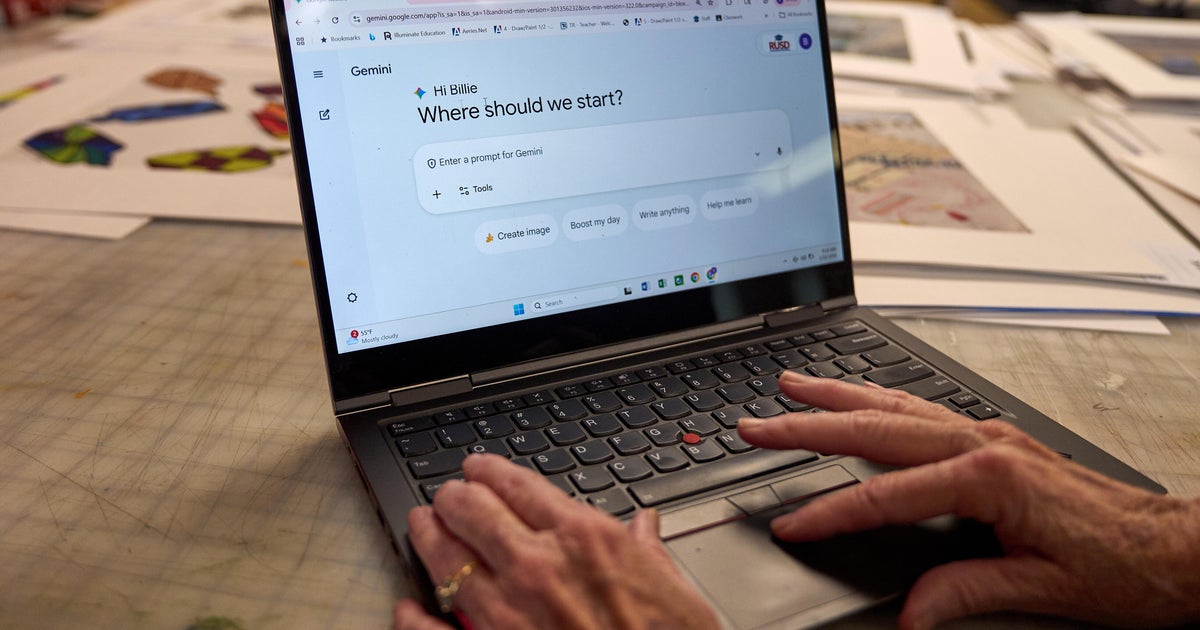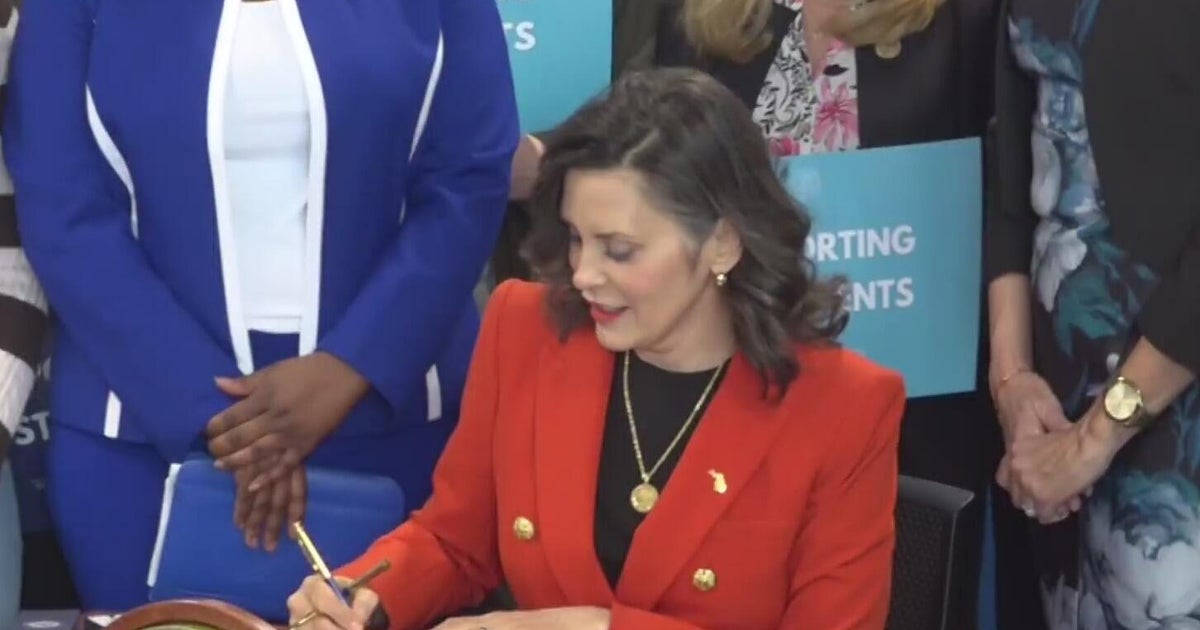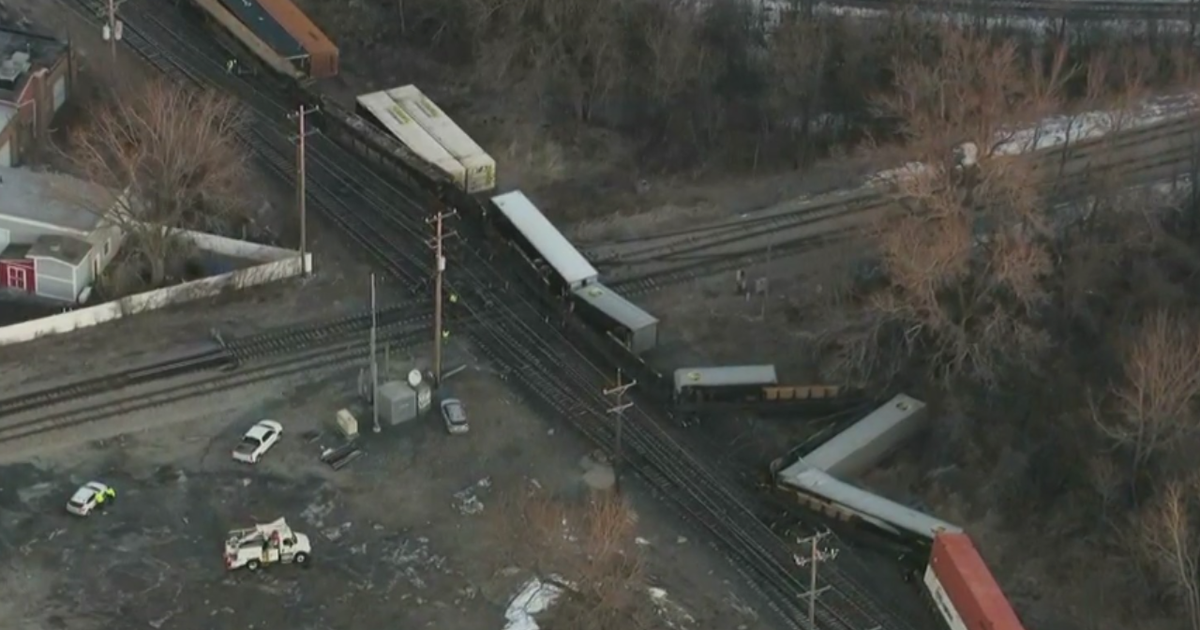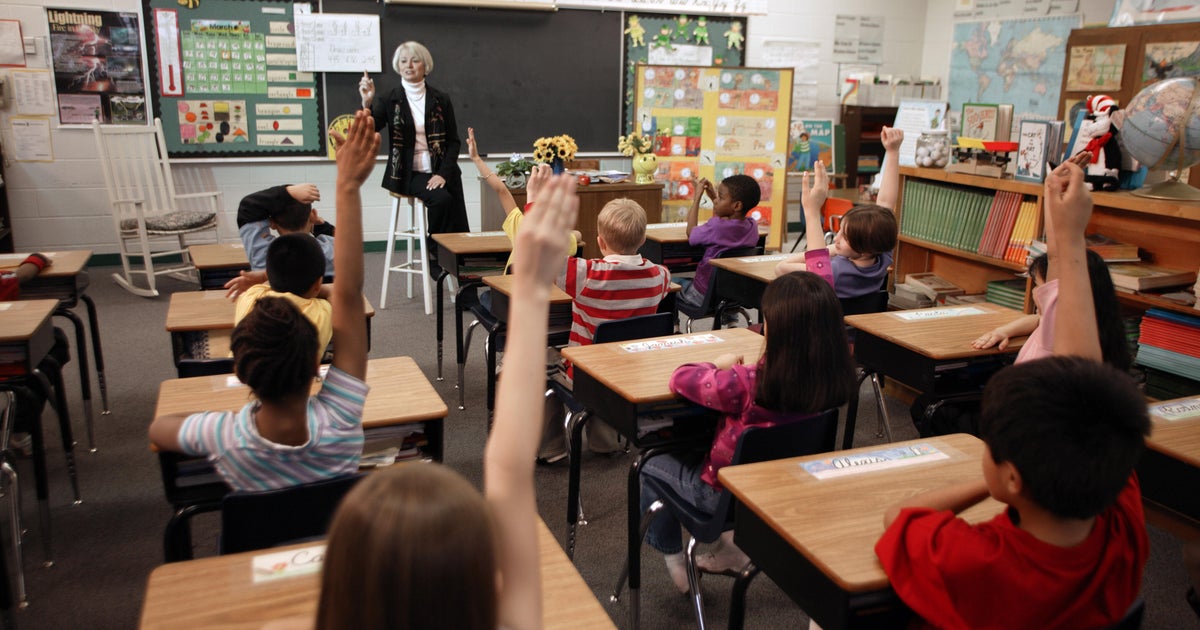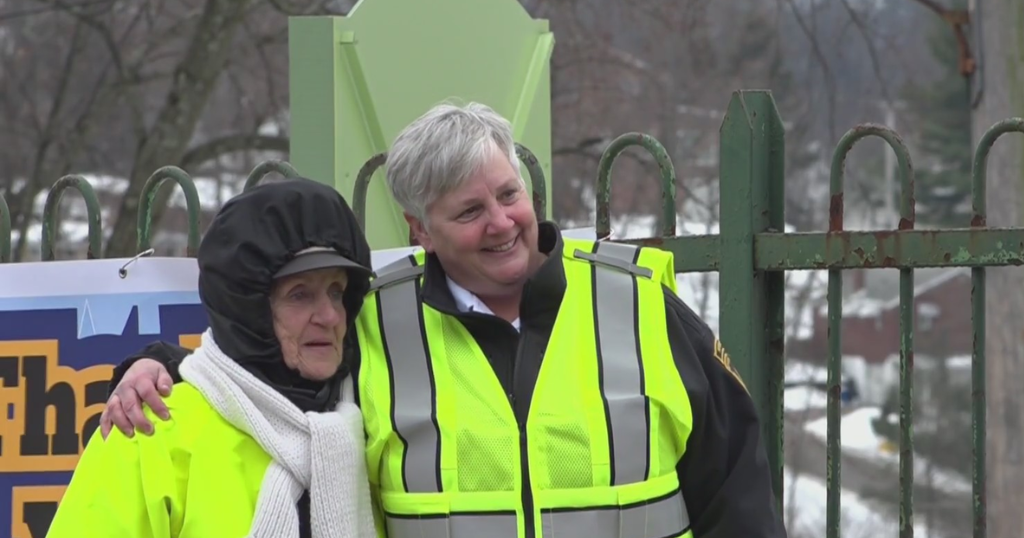Teachers Union Ends Strike, Classes To Resume Tomorrow
Updated 09/18/12 - 9:41 p.m.
CHICAGO (CBS) -- Chicago Public School students will be back in class tomorrow, after the Chicago Teachers Union voted to end its strike this afternoon.
The union's House of Delegates voted at a meeting Tuesday afternoon to suspend the strike, which started on Sept. 10, spanning seven school days.
CTU President Karen Lewis said students would be back in class on Wednesday.
"We feel very positive about moving forward. We feel grateful that we have a united union, and that when a union moves together, amazing things happen," Lewis said.
LISTEN: WBBM Newsradio's Bob Roberts reports
Podcast
Later Tuesday evening, Mayor Rahm Emanuel said, "I want to thank the negotiators on both sides who worked hard to forge this agreement. I want to thank parents and taxpayers for their patience."
"Now that the negotiations are over, our most important work begins: providing every child in every community of Chicago an education to match their potential," the mayor said.
CPS Chief Executive Officer Jean-Claude Brizard said, "We know we can make Chicago the best urban school district in America."
LISTEN: WBBM Newsradio's Terry Keshner reports
Podcast
The next step for CTU is to send the tentative deal to the full union, which will vote on the proposal over the next couple weeks, according to Lewis. Teachers will vote on secret paper ballots at their own schools, and the vote must be completed within 10 school days.
Lewis said she expects the deal will be approved.
She said the vote to end the strike was overwhelming, estimating 98 percent of the delegates approved the decision to call it off.
"There are some people that are just going to be die-hard holdouts," she said. Some members were still upset at the Chicago Board of Education's decision last year to revoke 4 percent raises, due to budget issues. "They wanted that to be an issue. We have agreed to not continue to arbitrate that issue, and some people didn't want that. They were not happy with the economic terms."
Emanuel called the deal "an honest compromise."
"It means returning our schools to their primary purpose: the education of our children," Emanuel added. "It means a new day and a new direction for the Chicago Public Schools. In this contract, we gave our children a seat at the table."
Emanuel also talked a good deal about the longer school day and longer school year he's long sought. Sources said teachers tried to undo the longer school day during contract talks, even though the union and the Emanuel administration had agreed to terms of the longer school day and school year in July.
The contract preserves the extra hour and 15 minutes of class time each day for elementary students, and extra 30 minutes each day for high schoolers. All students will also be in class an extra two weeks, compared to last school year. The mayor said the additional classroom time would mean students entering kindergarten at CPS this year will get 2 1/2 years of extra class time by the time they graduate high school.
"That 2 1/2 years of additional education is a new day and a new direction for Chicago's children and Chicago's schools," Emanuel said.
He said the failure to get a longer school day until now has forced principals and teachers to make "false choices" about how to spend time in the classroom.
"We have been discussing the need for more school time, as a city, for over a decade, but lacked the ability to achieve our primary educational goal," he said. "For as long as I can remember, we have been discussing that. Each time it was postponed or rejected because the changes were considered too difficult. Today, that era and those false choices come to an end."
Karen Evans, a CTU delegate and a teacher at Westcott Elementary School, said teachers are overjoyed to end the strike and get back to work.
She said the meeting was "very upbeat."
"Everybody was extremely excited to hear the news that we're going back," Evans said.
She said teachers were "very concerned" that their students were losing out by missing school for seven days.
"While they're out, they're not being taught, and they need to be back. They need to be back as quickly as possible, so we can continue to educate them," Evans said. "They need to learn in order to do their tests the best they can."
She said there was "not really" a lot of debate about the pros and cons of the tentative deal, which must still be approved by the full union.
Many teachers shouted "we won!" as they left the meeting. Evans said teachers feel the strike was worth it to get a fair deal for teachers.
After days of contentious talks, Chicago Public School negotiators and the union reached a framework for an agreement late last week.
However, the union's House of Delegates balked at the deal on Sunday and decided to continue the strike on Monday and Tuesday to give them more time to review the deal with the nearly 30,000 educators represented by the union.
On Monday, the Emanuel administration went to court to try to end the strike, arguing that is was illegal. City lawyers argued the union had agreed to pay hikes and health care benefits, and striking over non-economic issues like teacher evaluations or layoff and recall policies is prohibited by state law.
The union disputed its strike is illegal. A judge delayed a decision until Wednesday at the earliest, giving time for the union to meet Tuesday.
Lewis said the only thing that changed for the union from Sunday until Tuesday was that members had time to review the proposed deal.
"People got to read it. They got to read the fine print. So, that is extraordinarily important to us," Lewis said. "We said that it was time ... that we couldn't solve all the problems of the world with one contract, and that it was time to suspend the strike."
The $300 million deal would be a three-year contract, with an option for a fourth year. Both sides would have to agree to the fourth year. In the first year, teachers would get a 3 percent raise. In the second and third year of the deals, they would get a 2 percent raise. If the sides agree to a fourth year, teacher raises would be 3 percent that year.
According to the union, the contract also calls for:
• No merit pay, which had been sought by the district.
• Preserving "step increases," which are based on teacher experience, with increased value for the three highest steps.
• Hiring an additional 512 teachers in art, music, physical education, world languages, and other "special" subjects as part of the longer school day.
• Requiring half of all CPS hires be previously laid-off teachers.
• Mandating teachers whose positions are eliminated due to school closures and "follow their students" to other schools.
• Allowing laid-off teachers 10 months of "true recall" to their old school if a new position opens.
• Reimbursing teachers up to $250 for out-of-pocket expenses on school supplies.
• An agreement by CPS to hire more nurses, social workers, and school counselors if new revenue is available, including from TIF funds.
• A new teacher evaluation system that limits to 30 percent the weight given to student improvement on standardized test scores, rather than the 40 percent sought by the district.
• Protecting tenured teachers from losing their jobs due to evaluations in the first year of the contract.
• Allowing an appeal of a "neutral" rating on teacher evaluations.
• A guarantee that all CPS students and teachers have textbooks on the first day of class.
According to CPS, the contract would cost an additional $74 million per year. It also includes the plan for a longer school day and longer school year.
